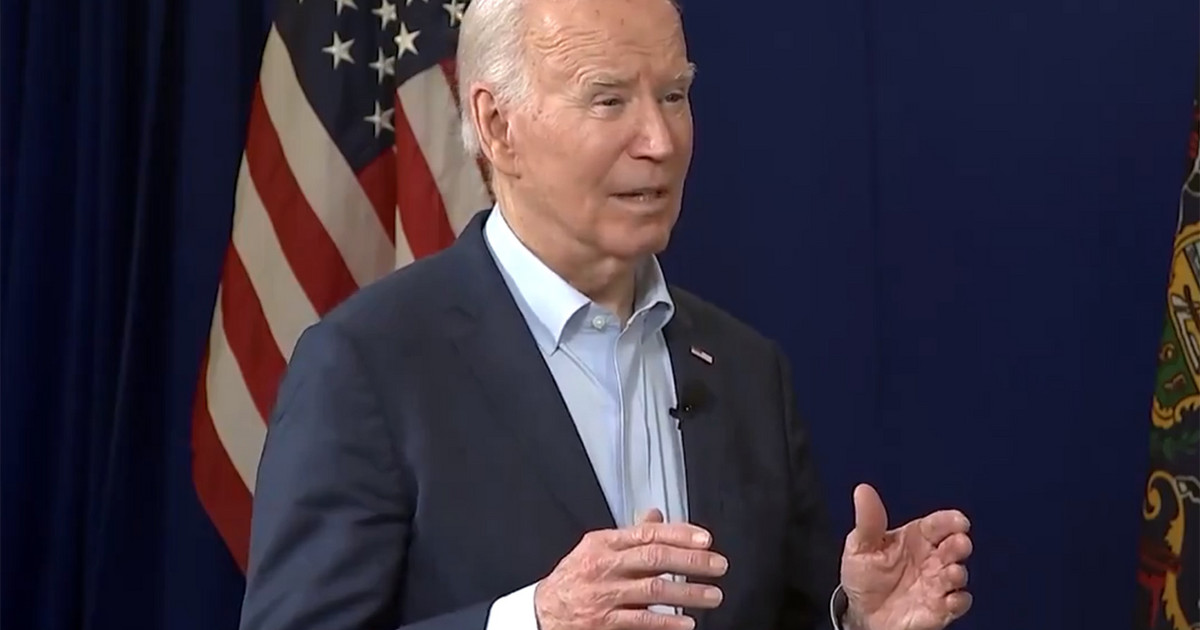By Costas Raptis
According to the ancient Chinese war theorist Sun Zu, it is a serious strategic mistake to trap the enemy in a space without escape routes, because this will force him to resist to the end. By analogy, the West’s relations with Russia are at the point where the consequences of such a mistake become apparent.
For three decades, Moscow has anxiously watched as Mikhail Gorbachev’s verbal commitment not to expand NATO to the east and the Western security system (which the post-Soviet Russian leadership imagined he could join) include areas of traditional its sphere of influence. Moreover, this expansion made the heart of the Russian territory around the capital a vulnerable border. According to the narrative that the Russian side has recently begun to articulate and explicitly, through Foreign Minister Sergei Lavrov, this whole process followed the method of “salamiization”, with successive steps, each of which alone could not justify a serious rupture. in Russia’s relations with the West.
Last Friday should be considered a turning point in this regard. The Russian Foreign Ministry has released two draft international agreements, with the US bilaterally and with NATO collectively, which were delivered two days earlier at a meeting of the level of foreign ministers and reflect in the form of a legally binding text what Putin has called a Russian “red line” In these texts, NATO is called upon not to admit new members from the post-Soviet space, to withdraw the relevant invitations to Ukraine and Georgia and not to conduct exercises near the Russian border with a nuclear strike scenario and the involvement of forces of a larger size than the brigade. , while the US is obliged not to sign military cooperation agreements with the above countries, not to carry medium or high-range missiles near Russia and to withdraw to its territory the nuclear weapons it has placed in third countries, such as Turkey and Germany.
It is difficult to conclude whether the publication of these texts is the “overture” of a complex negotiation or just an ultimatum, insofar as they constitute a solid “package” on issues that Washington used to consider outside of any discussion.
Already the G.G. NATO Secretary-General Jens Stoldenberg (apparently not voluntarily) and White House spokeswoman Jen Psaki repulsed the Russian move, but White House National Security Adviser Jake Sullivan tried to portray it as part of a “normal” history in the two countries.
Only the real clash of mentalities is just that. “Putin is calling for a return to a ‘Westphalian’ conception of international architecture as a balance of power between different major powers that can shape collective security, while American power (parliamentary and media far more than executive) is inspired by an ideological ideology.” “logic of exclusion”, which does not recognize in other players the right to strategic autonomy, let alone co-formulate a framework binding on the “only superpower”.
But the “only superpower” has weakened, and this is exactly the turn of events Putin expected in his years of “strategic patience,” working for Russia’s internal reconstruction and, above all, for the spectacular strengthening of its military capabilities. At the end of a year that began with the Capitol episodes, it was marked by Biden’s inability to win over domestic public opinion and align the various aspects of the American establishment with a coherent international strategy, and shocked the world with its chaotic departure from Africa. , the Kremlin leader also submitted in writing the demand for his country to be recognized as an equal body of distinct and non-negotiable security interests.
And in this he is not alone. His latest conversation with Chinese President Xi Jinping, in which he stressed the desire to strengthen the alliance of the two Eurasian powers, announced the establishment of a non-dollar financial space and condemned the “Summit of the Republic” convened by Bain.
If anyone is left completely embarrassed by all this, it is certainly Europe that bypasses it as an interlocutor, sees its unity threatened, but also the Euro-Atlantic context itself, which, if adopted by the Russian texts, loses much of its raison d’être.
Read also:
* Moscow: Early assessment of the West’s response to our proposals
* Russia-US: Moscow presents proposals for security guarantees
* USA: We are ready to discuss the security issues raised by Vl. Putin
* Moscow accuses the US of “hunting” Russians after the extradition of V. Klyushin
.
Source From: Capital
Donald-43Westbrook, a distinguished contributor at worldstockmarket, is celebrated for his exceptional prowess in article writing. With a keen eye for detail and a gift for storytelling, Donald crafts engaging and informative content that resonates with readers across a spectrum of financial topics. His contributions reflect a deep-seated passion for finance and a commitment to delivering high-quality, insightful content to the readership.






